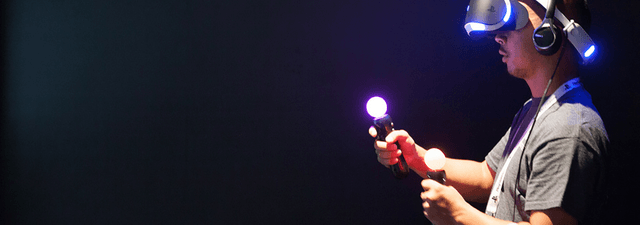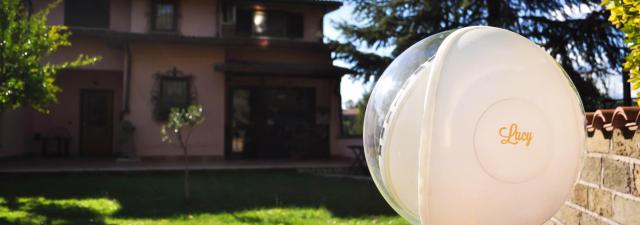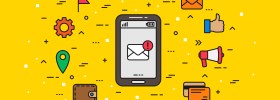Technology is all around us, and it’s impossible to get away from it. We rely on our gadgets for so much, and there are many times we take them for granted. But while tech is transforming our everyday lives in a plethora of ways, it’s also doing some serious good.
In particular, it’s revolutionising the world of healthcare and medicine, and it couldn’t come at a more crucial time. Humans are living longer, and as a result, there’s more pressure on health institutions to provide top quality care than ever before.
The fact is, governments and health bodies just don’t have the money and resources to cater for the growing needs of citizens. However, the latest innovation is changing the cards here. It’s helping doctors, nurses and other medical practitioners streamline processes and offer patients the best possible services.
Governments right around the world can use Internet of Things technology to revolutionise the way they run public sector institutions, but there seems to be a bigger emphasis placed on healthcare. In many cases, technology can be an affordable way to manage internal processes and patient services.
Streamlining services and processes
Caroline Gorski, head of IoT at Digital Catapult, believes that the Internet of Things can make health institutions more efficient and provide medical professionals with new possibilities for dealing with patients.
“The IoT offers particular opportunities for the healthcare sector. The potential for doctors and nurses to monitor patients remotely through internet-connected devices could lead to a more efficient health management system, helping remove inefficiencies and empowering patients,” she says.
Although the potential is almost limitless, there are challenges, especially around the issue of data. Connected technology collects heaps of it, and sometimes it can be challenging to make sense of it all. For IoT to be a true success in the healthcare industry, Gorkski says practitioners must be transparent and collect data responsibly.
“For the benefits of IoT in healthcare to fully flourish, it is vital that the data gathered is transparent and responsibly collected, and can move securely and freely between health organisations and the innovative companies they choose to work with. As a result, technologies will be able to be developed at a faster rate and will be more targeted to what is a top priority for the UK and its citizens,” she explains.
Making healthcare affordable
Healthcare doesn’t come cheap. The cost of the UK’s National Health Service certainly proves this, with a budget running into the hundreds of billions. Technology has the potential to increase affordability in the world of health and medicine. Mike Ahmadi, global director of critical systems security at Synopsys, says IoT can help providers save costs on treatments and services – among other benefits.
“The connected IoT devices in the healthcare industry allow our healthcare providers to provide more services to more patients at a fraction of historical costs. Home monitoring technologies allow patients to live in an environment where they are most comfortable, while providing their doctor with realt-ime information on health conditions,” he says.
“Nurses can monitor entire wards of patients in multiple locations, dispatching help where it is most critical. Patients can use familiar devices, such as their mobile phones, to monitor their own vitals, allowing them to adjust medication as needed, or know when to seek medical help before conditions become dire.
“IoT technologies are already dramatically increasing the quality of life for those who need medical attention, and will surely lead to both longer and more fulfilling lives. It is critical that we manage security better as these technologies unfold, in order to build trust among the user community.”
Security focus
Hospitals and health clinics are quickly adopting connected technology and can reap the rewards of creating cloud-based ecosystems. But Alexandra Gheorghe, security specialist at Bitdefender, says regulators need to ensure there are sufficient cyber security strategies in place to protect these solutions. She’s confident that this will happen as the technology matures.
“Healthcare has also started its transformation with patient self-care apps and is rapidly accelerating to a connected, cloud-based ecosystem. But as we embrace these technologies to improve the quality of our lives, we shouldn’t disregard the security posture of these infrastructures and applications,” she says.
Connected technology may be helping us in life generally, but it’s capable of doing far more. Health institutions all across the world are facing tough challenges – not only with overpopulation but also budget cuts – although innovation can help.









